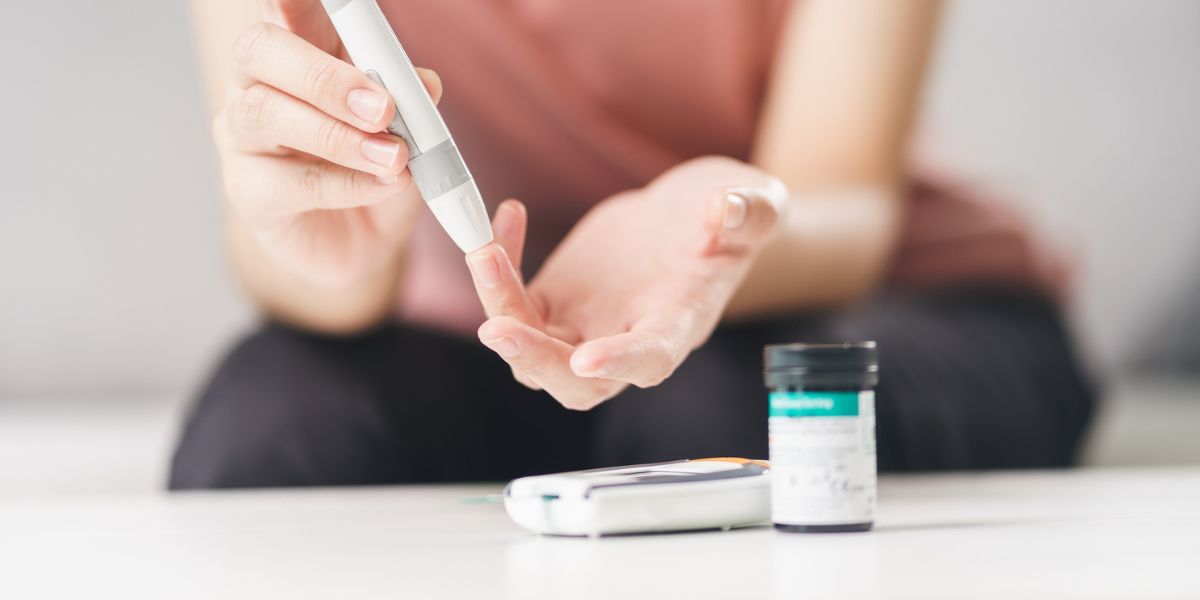Hello, good morning. I would like to explain the health problem I am experiencing.
Three years ago, I was diagnosed with type 2 diabetes, with morning values of 170 and after eating approximately 220. I was then prescribed 750 mg of Metformin three times a day, which worked for a while.
After about two years, it stopped working, and now every morning I find myself at 220 on an empty stomach.
I changed doctors, and he prescribed Metformin and Semaglutide once a day, but nothing works; it doesn't go below 200, and I noticed that it was causing me pain in my legs and teeth, which were always inflamed and had tartar, which was awful, as was my breath.
Now I'm taking 14 units of insulin once in the morning, and I'd like to ask you a question about the medication.
Tresiba
Do you find that in the first three days your blood sugar rises quite a bit and then drops? And after three days, should I increase the dose by two? Is it normal for it to work like this? How long does it take to take effect?
I think it is causing me problems with my triglycerides at 1000, but I think diabetes is the problem or vice versa.
I don't have a very active lifestyle, and I eat a little poorly.
I weigh 94kg and am 1.80m tall.
Translated with DeepL.com (free version)
Three years ago, I was diagnosed with type 2 diabetes, with morning values of 170 and after eating approximately 220. I was then prescribed 750 mg of Metformin three times a day, which worked for a while.
After about two years, it stopped working, and now every morning I find myself at 220 on an empty stomach.
I changed doctors, and he prescribed Metformin and Semaglutide once a day, but nothing works; it doesn't go below 200, and I noticed that it was causing me pain in my legs and teeth, which were always inflamed and had tartar, which was awful, as was my breath.
Now I'm taking 14 units of insulin once in the morning, and I'd like to ask you a question about the medication.
Tresiba
Do you find that in the first three days your blood sugar rises quite a bit and then drops? And after three days, should I increase the dose by two? Is it normal for it to work like this? How long does it take to take effect?
I think it is causing me problems with my triglycerides at 1000, but I think diabetes is the problem or vice versa.
I don't have a very active lifestyle, and I eat a little poorly.
I weigh 94kg and am 1.80m tall.
Translated with DeepL.com (free version)



